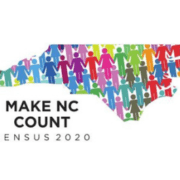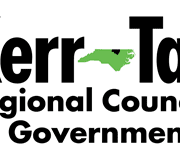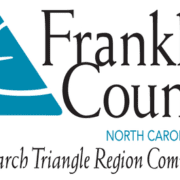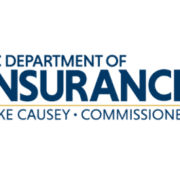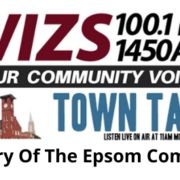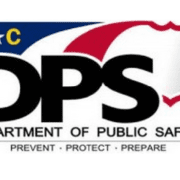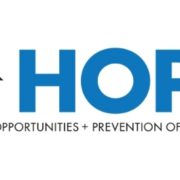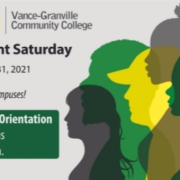Homeowners in the five-county area that the Kerr-Tar Regional Council of Governments serves can apply for a couple of loan programs for repairs or improvements to their residences.
The deadline to submit applications is early November, and Kerr-Tar finance assistant Katie Connor said the loans are completely forgivable, provided the home remains the property of the homeowner for the life of the loan.
That’s free money, folks.
Kerr-Tar serves Vance, Granville, Warren, Franklin and Person counties and the Urgent Repair Loan Program that it is offering provides up to $10,000 over five years – $2,000 a year, Connor told John C. Rose on Thursday’s Town Talk. Applications are due in the Kerr-Tar office by 5 p.m. on Friday, Nov. 5.
As the name indicates, the repairs do need to be of an urgent nature – a leaky roof, unsafe floors, ramp installation for the disabled, and HVAC repairs are just a few of the examples of acceptable repairs.
“There’s definitely some flexibility in the (type of) repair that can be done,” Connor said, “but they must be urgent.” The main goal of this loan program is to keep people in their homes, she added.
Visit kerrtarcog.org to see program criteria. There’s money for up to 20 houses in the five-county area, Connor said. This loan is considered an unsecured loan.
In general, homeowners need to be older than 62, and the home must be a stick-built structure – mobile homes and manufactured homes do not qualify. Veterans, disabled persons and families of five or more also would qualify, Connor said. Household income must be less than 50 percent of the median income in North Carolina, she added.
The other loan program is currently available for homeowners in Warren County. The Essential Single-Family Rehabilitation program offers $30,000 for repairs. This is a secured loan, Connor said, which means that qualified applicants would have a deed of trust placed on their property for the duration of the six-year loan. This also is a forgivable loan, which means that no money has to be repaid, provided the homeowner doesn’t sell the property during the life of the loan.
The criteria for both loan programs are very similar, but Connor said household income for ESFR program applicants must be 80 percent of the median income for the state.
Because of the larger amount of the loan, Connor said projects would have to be substantial enough to bring a home up to acceptable standards. “We can’t just do one thing for this house.” There is money for five houses, she said.
The deadline to submit applications for the ESFR program is Monday, Nov. 1 at 5 p.m. All applications should be submitted to the Kerr-Tar office, located at 1724 Graham Ave., Henderson.
The applications and related information are available at kerrtarcog.org. Connor said applications also can be mailed to interested applicants. Simply call 252.436.2040 ext. 6071 and leave your name and mailing address and Connor said she will put the paperwork in the mail. They also are available at area Senior Centers as well as county government offices.
As is often the case, demand usually exceeds the amount of money available, Connor said. And the Kerr-Tar COG must apply each year to receive the funds.
Click Play for complete details and audio.



